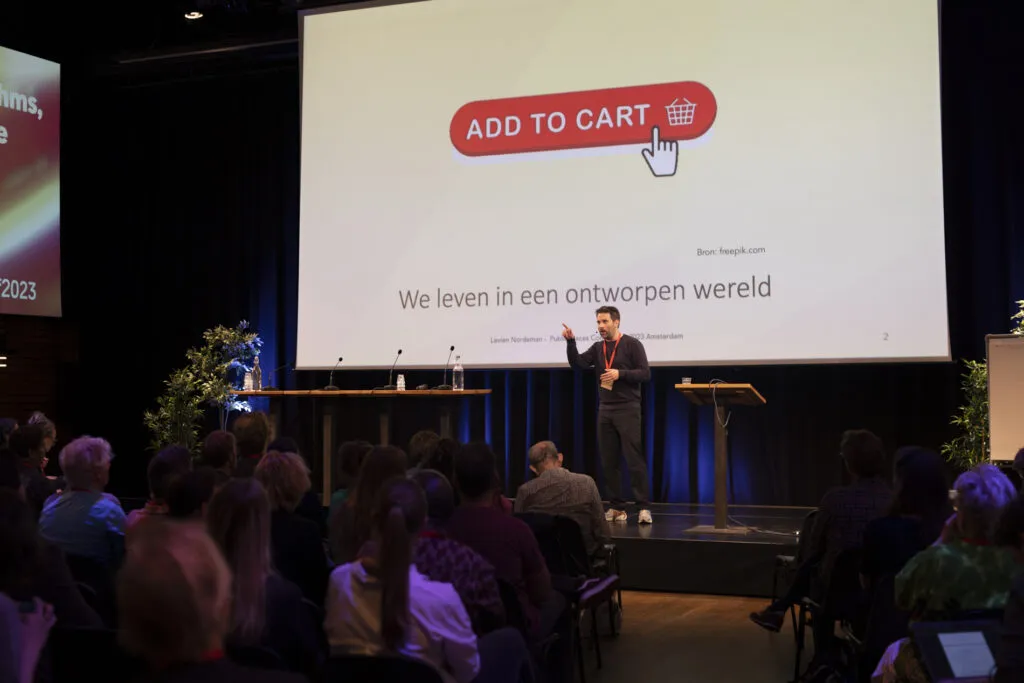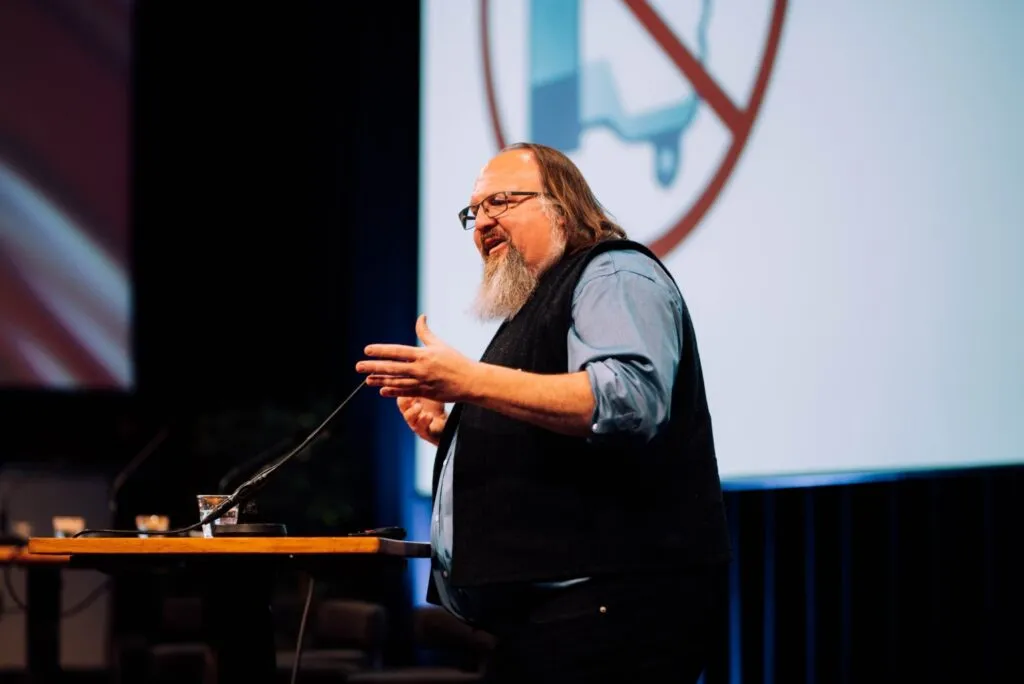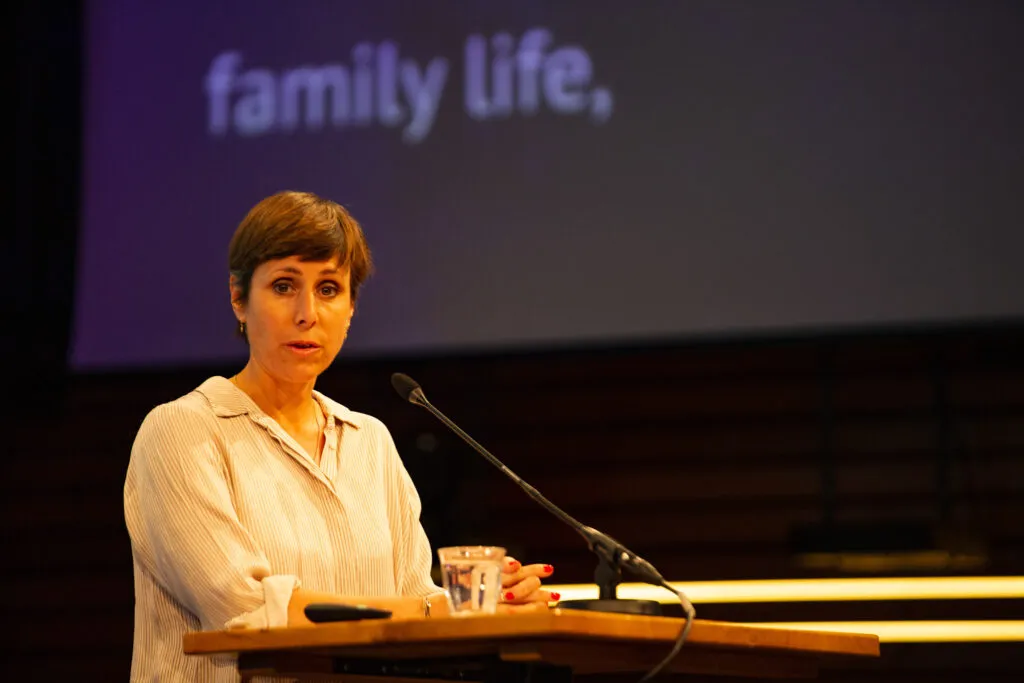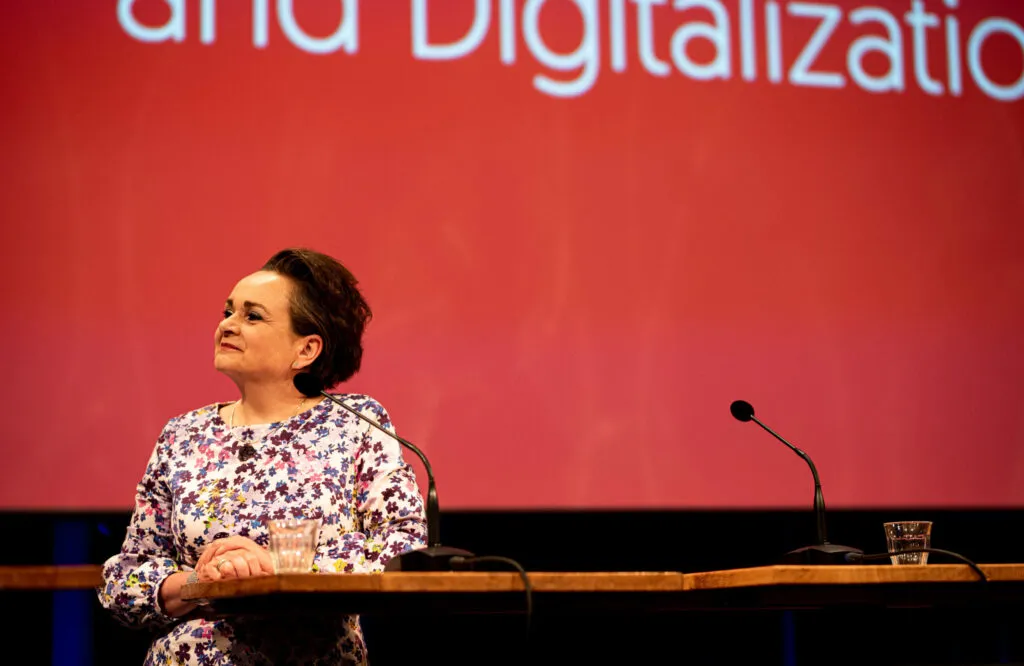Consumers are becoming increasingly more aware of the implications of the technology they use. Making more ethical design choices cannot only be a better long-term strategy for businesses as well as public organizations, it may even be necessary to stay relevant. We talked to design and UX specialist Trine Falbe about what ethical design means to her and the importance of fundamental respect for consumers in a time where people are starting to shy away from companies and organizations that use digital tools that do not align with their personal values.
The internet has changed a lot over the last two decades. As it evolved from the static pages of web 1.0 to the a more dynamic content environment that is responsive to user input, some of the smartest people on the planet are paid comfortable salaries to make notifications more notable and ads more clickable. The idea behind this being that clever design choices can nudge users and consumers to make decisions they weren’t planning on making in the first place. This strategy has worked very well for a lot of companies and organizations over the last couple of years, but does that make it future-proof?
Listen to the podcast we’ve recorded with Trine ahead of the PublicSpaces Conference:
Trine will be present during the PublicSpaces Conference where she will be presenting a keynote called It’s Time to Change Your Digital Strategy. She’ll also join the Roundtable session PubHubs, Public Values in Practice and What’s Next.




